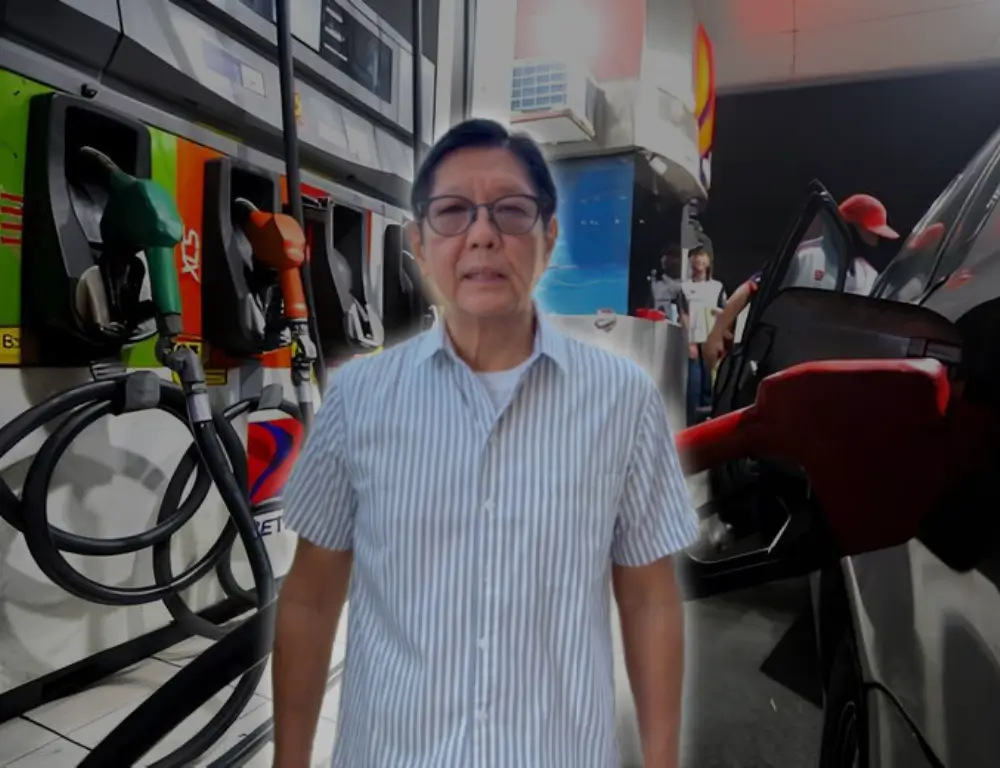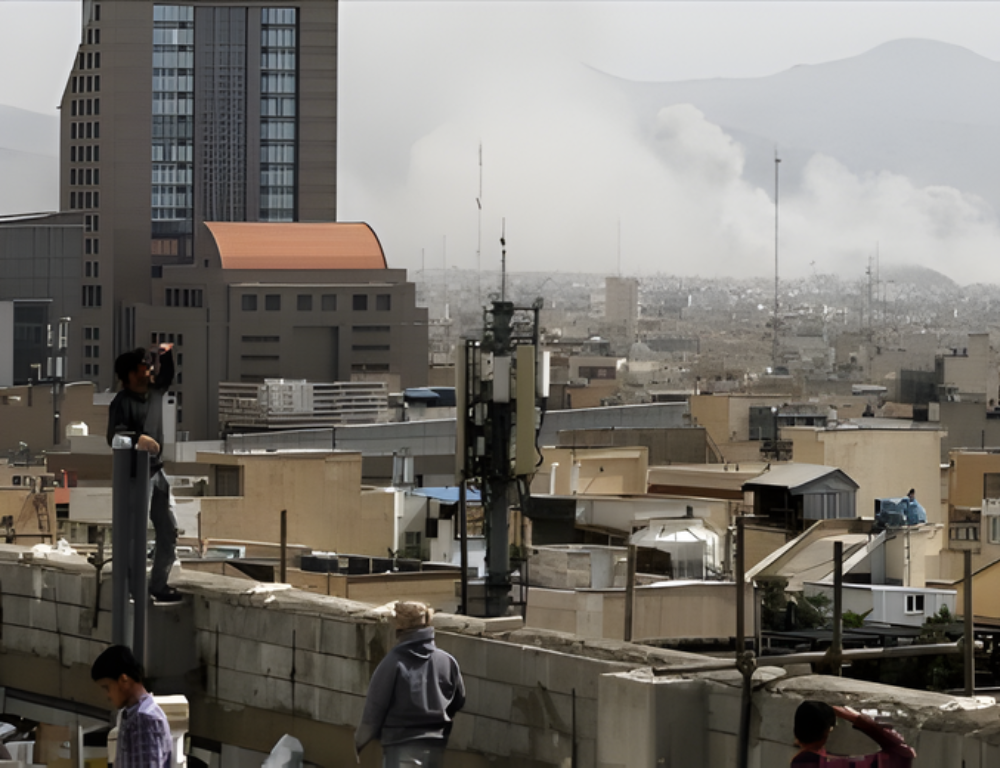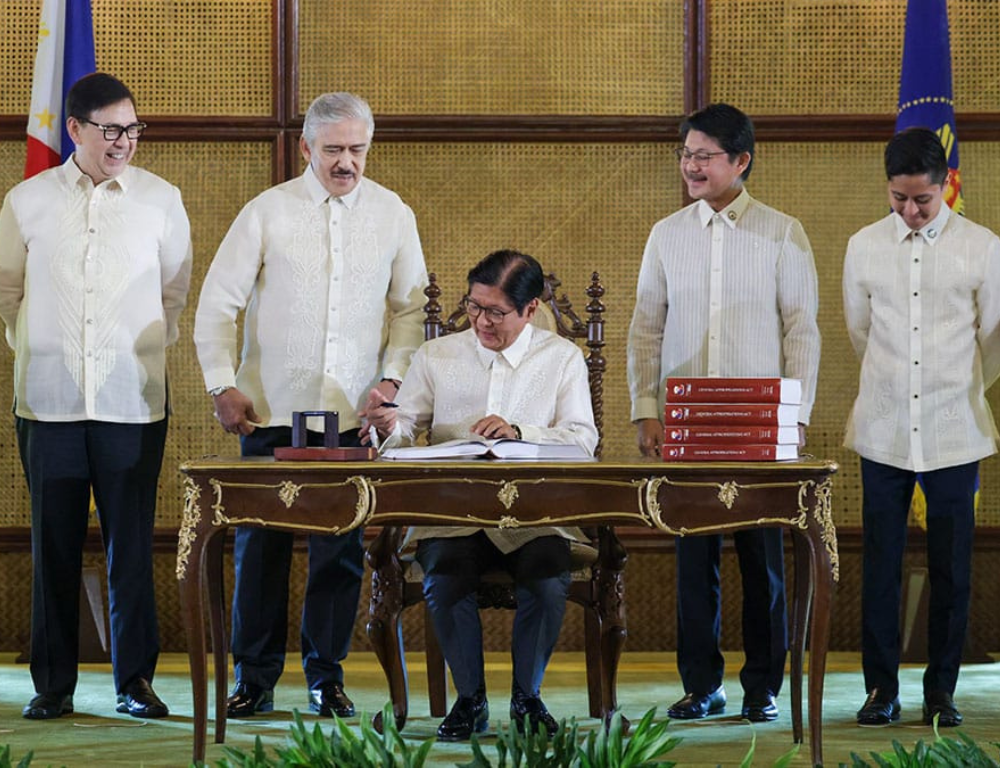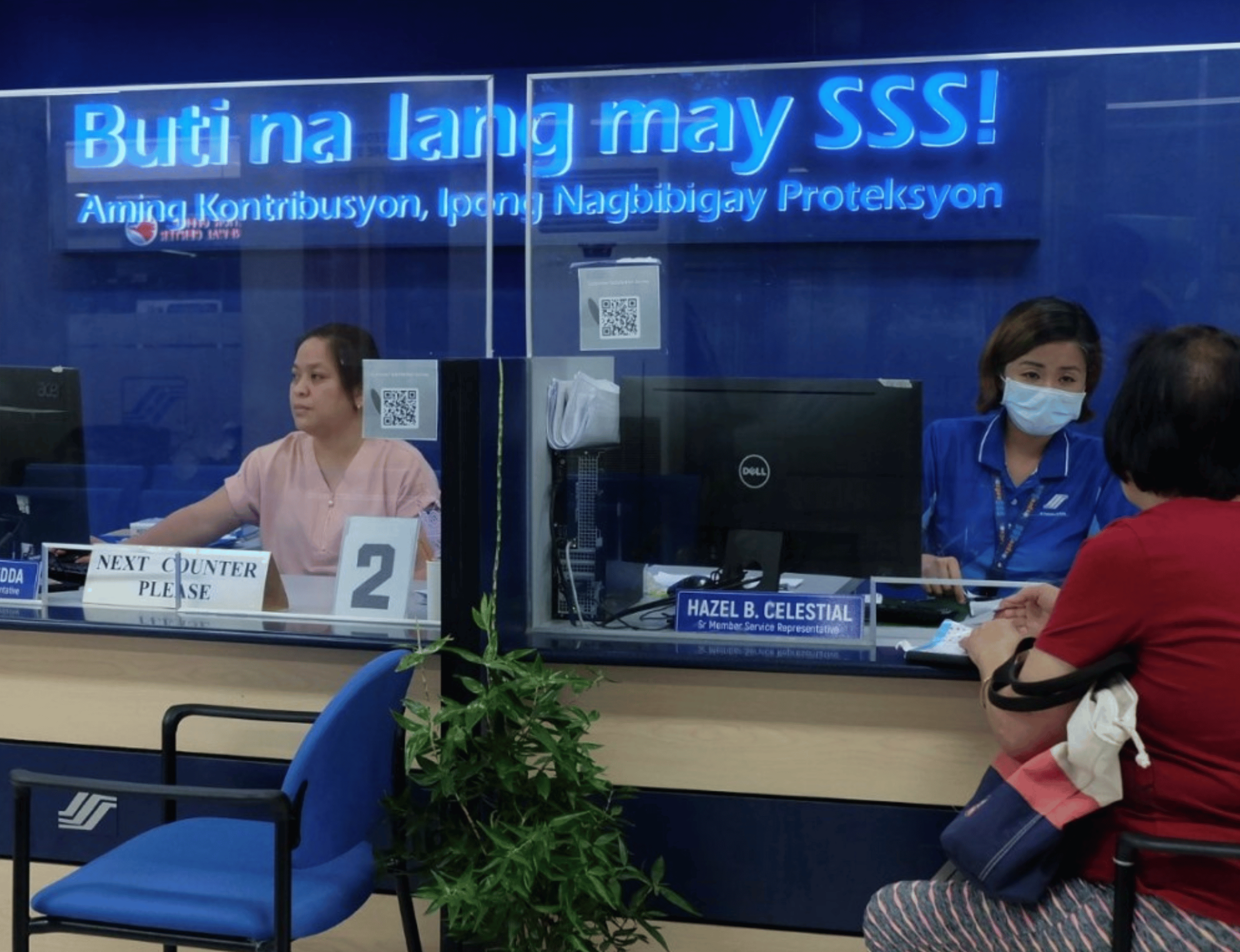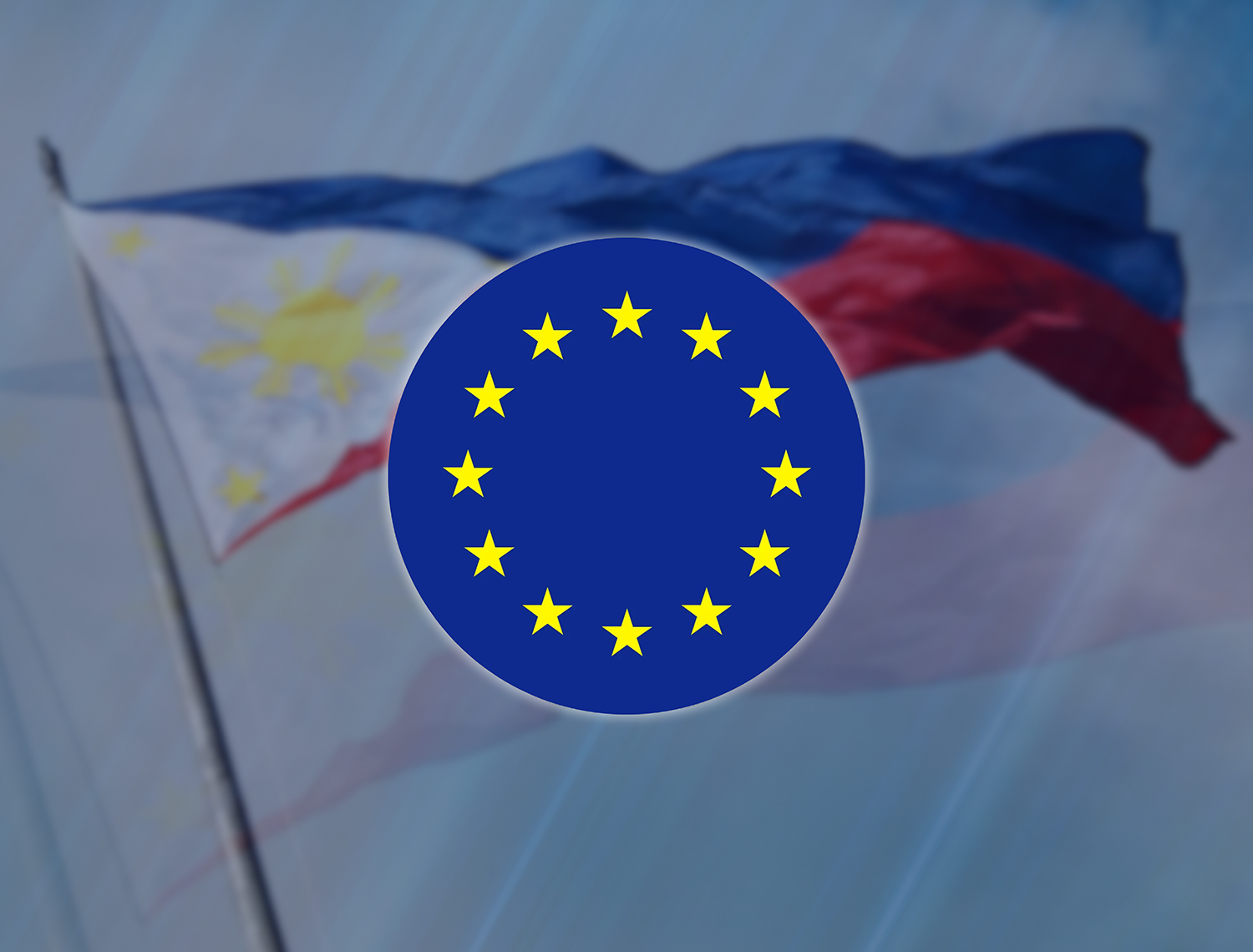
The Philippines is getting 10.7 million euros, or about PHP655 million, from the European Union (EU) to support climate mitigation and adaptation initiatives in the country.
The new funding is part of the Climate Fund Managers’ (CFM) Climate Investor Two (CI2) Fund, a USD1 billion blended finance facility focusing on water, waste, and ocean infrastructure in emerging economies.
“Communities in the Philippines are amongst the most impacted by global warming. Only with public sector commitments like the EU’s can we unlock private investment at a sufficient scale to drive meaningful change,” CFM investment director Jeb Victorino said in a statement Tuesday.
Victorino added that the funding would mobilize private sector investment in critical sectors, such as the circular economy and green energy transition projects in the country.
A portion of the new funding, announced by the EU on Dec. 6, will support the development of the bioenergy facility in San Manuel, Isabela.
The CFM is co-developing the facility with BioAsia Energy Holdings, a joint venture of Anvirya Ventures Pte. Ltd. and La Suerte Rice Mill Corp. (LSRM), one of the largest paddy milling operators in Isabela province.
The project will start construction in the fourth quarter of 2025, building a 10-megawatt (MW) biomass plant and a 4-MW biogas plant.
The San Manuel bioenergy facility aims to contribute renewable energy and gas capacity to the grid while reducing the emission of 40,000 tonnes of carbon dioxide equivalent (tCO2eq) annually.
“This initiative represents a significant step forward in sustainable energy development for our region, addressing the dual challenges of agricultural waste and renewable energy generation. By working together, we can create a lasting impact for the farmers and communities of Isabela, while contributing to the Philippines’ broader climate resilience and renewable energy goals,” LSRM president Richard Tan said.
The additional EU funding for the Philippines will be coursed through the FMO, a Dutch development bank.
“The Philippines is one of the countries most affected by climate change. But we are all experiencing its effects, also in the Netherlands. CI2 is a showcase example of how the public and private sector can work together, each optimally using its added value. Public funding will contribute to project development and de-risking where necessary, facilitating private sector investment,” Dutch Ambassador to the Philippines Marielle Geraedts said.
“The European Union is steadfast in its support for the world’s most vulnerable regions. In the Philippines, communities face extreme weather events, rising sea levels, and water scarcity on an increasing basis. This additional commitment enables essential investments in projects like the Isabela facility that mitigate these challenges, building climate resilience that will benefit the Philippines for generations,” EU Ambassador to the Philippines Massimo Santoro added. (Kris Crismundo, PNA)






